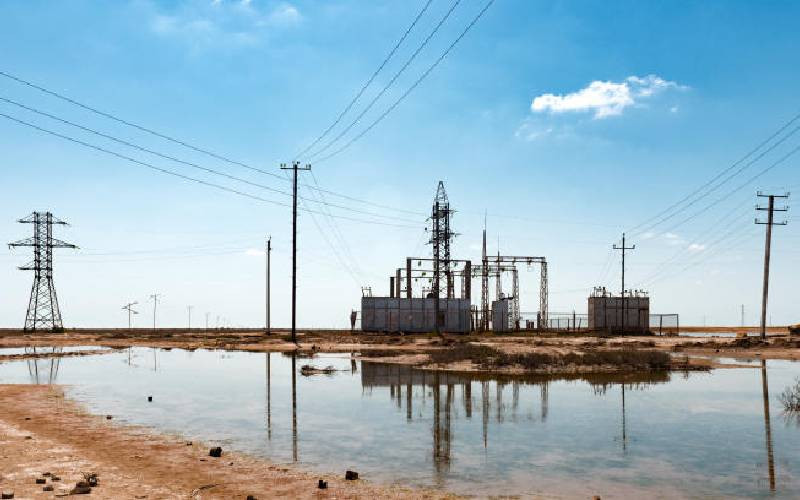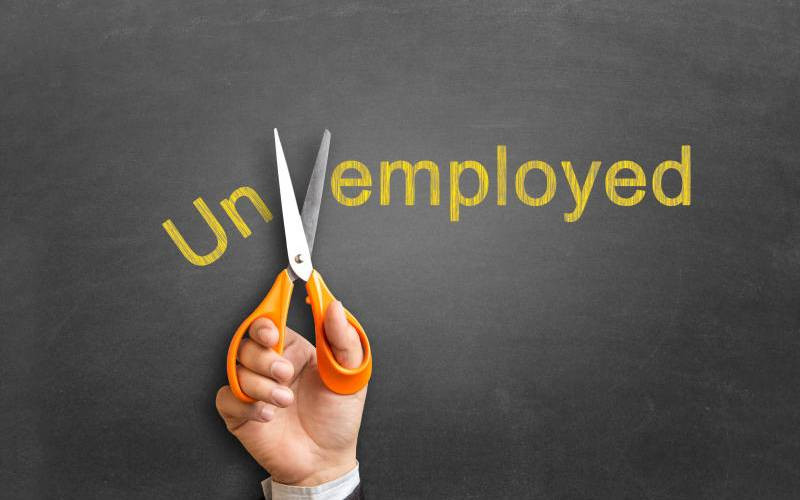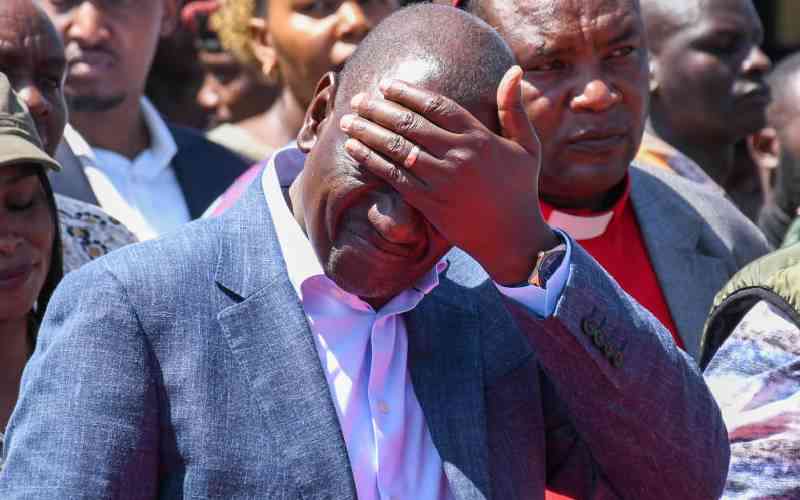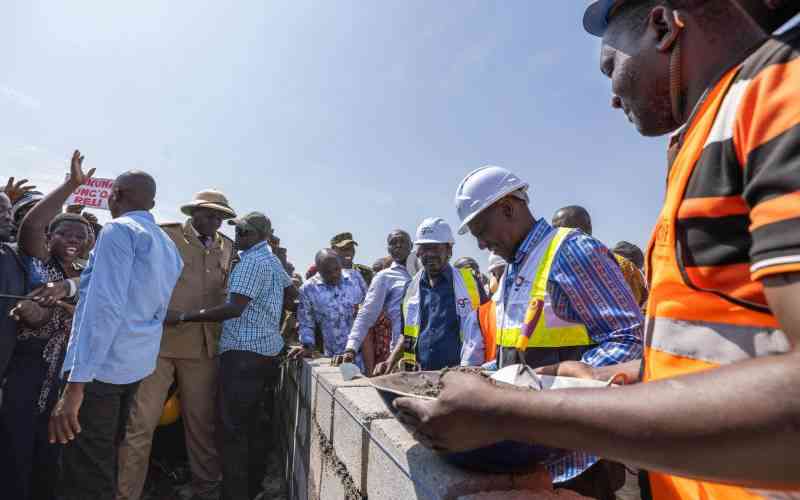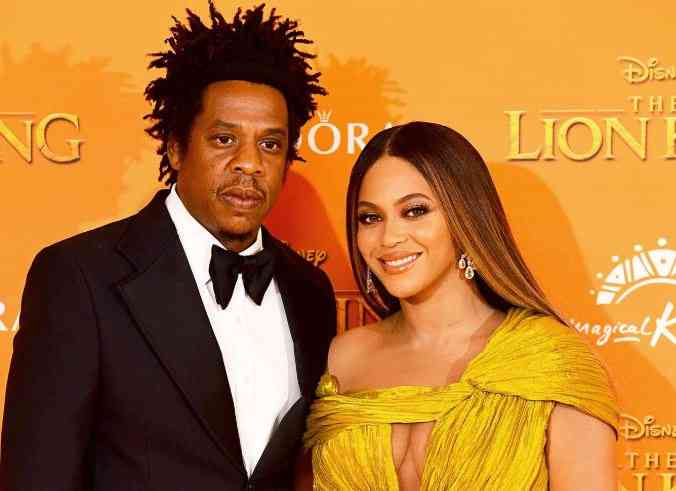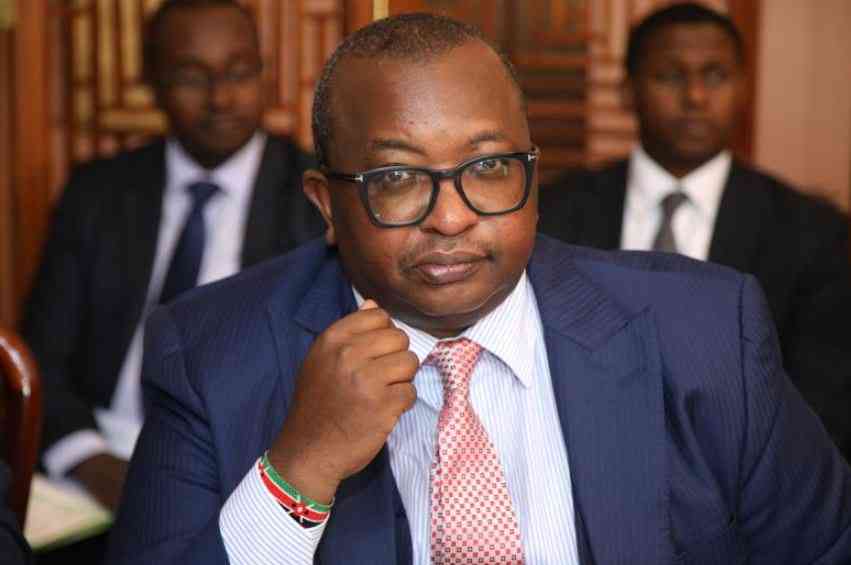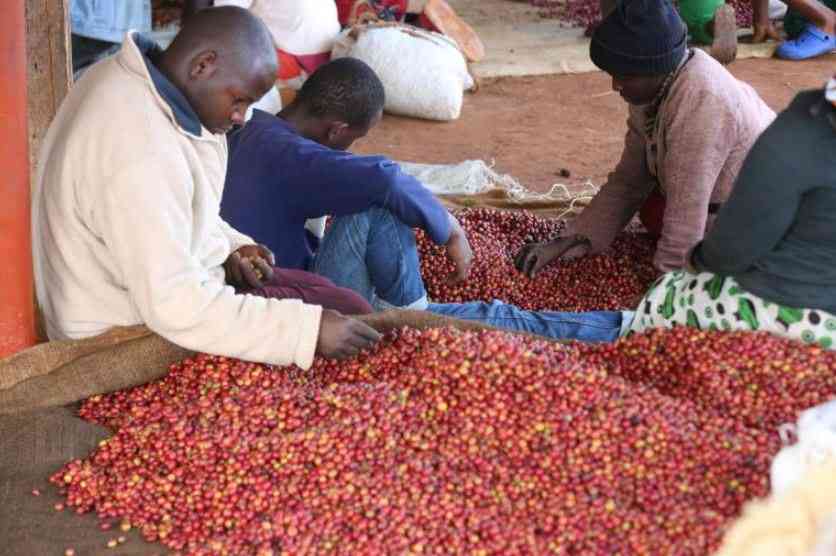
As Donald Trump is set to return to the White House on January 20, 2025, global leaders and policymakers are bracing for a year of significant political and economic challenges. After a tumultuous first term, his re-election signals potential disruption on the international stage, particularly regarding his confrontational approach towards global powers like China, Mexico, and the European Union. The world's already fragile stability, exacerbated by the lingering effects of the Covid-19 pandemic, the Russia-Ukraine war, Middle Eastern conflicts, and climate change, points to an uncertain future. For developing countries, especially in Africa, these tensions will likely worsen the economic struggles they have faced for years.
Trump's foreign policy, which has leaned heavily toward nationalism and protectionism, could further destabilise global markets. His previous term saw the initiation of a trade war with China, including the imposition of tariffs. With his return to power, these trade conflicts are likely to reignite. Trump has already indicated plans to impose 10-20 per cent tariffs on all Chinese imports, which could destabilise the global economy and heighten the uncertainty facing international markets.
